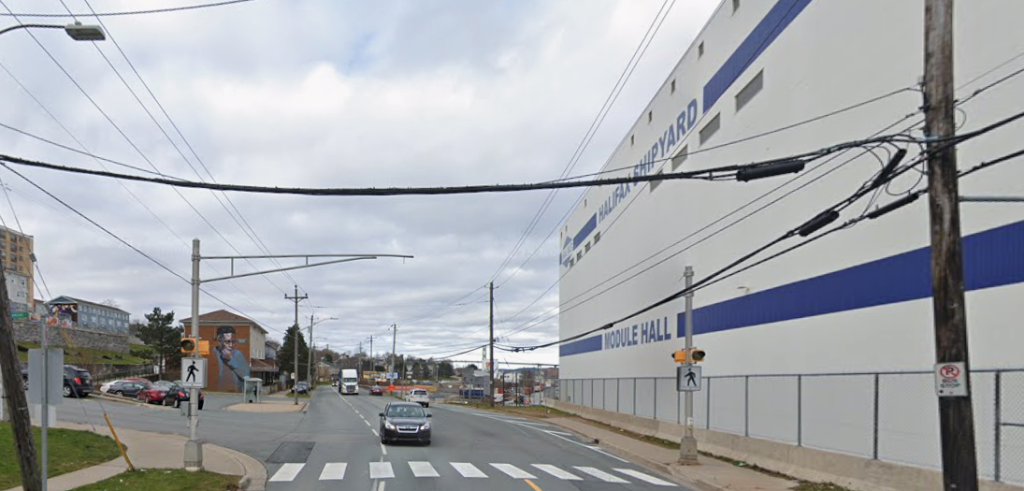Vancouver International Film Festival brings the world to the West Coast
Posted Sep 23, 2012 06:00:03 AM.
This article is more than 5 years old.
VANCOUVER – If they were shoes, it could be considered a pair of sturdy hiking boots to Toronto’s Manolos.
But the Vancouver International Film Festival embraces its laid-back, West Coast vibe, and will get underway this week far from the bright lights and big stars with an impressive line-up of 380 films from 75 countries.
The two festivals are very similar “in many of the essential ways,” says Alan Franey, VIFF festival director.
“But TIFF has a unique function in the market economy in that it is sort of of a proxy Hollywood festival that happens on Canadian soil,” he says.
That “tends to eclipse what is still at the heart and soul of the Toronto festival, as it is any festival worth its salt around the world, we’re all essentially trying to do the same thing: the old spririt of an international festival of quality cinema.”
The festival that runs from Sept. 27 to Oct. 12 in Vancouver is a reflection of the host city, he says: outward looking, multicultural, well-educated, and possessing social conscience.
“Interested in travelling, too, and for a lot of people the festival represents a way to see the world in a very affordable, convenient way,” Franey says.
Indeed, this year’s line-up takes moviegoers from the battlefields of Congo to the bedrooms of Indonesia.
The Dragons & Tigers series is the largest annual exhibition of East Asian films outside of Asia, featuring established and emerging filmmaking talents from South Korea, Japan, Taiwan, China, Hong Kong, Indonesia, the Philippines and Thailand. The annual $5,000 Dragons & Tigers Award for Young Cinema will be awarded to a new director from East Asia.
Leo Fo, a senior producer at Saturday Sneak Preview for the Chinese-language Fairchild Television in Vancouver and a self-professed movie fan, said the festival offers a good taste of Asian film.
“People are curious to see cinema from other countries, to see what they have, and the festival is a good opportunity to see those films because outside of the festival a lot of these films are not very easy to find,” he says.
In comparison to European and North American movies, Asian films tend to be very visceral visual experiences served best by a big screen, Fo says.
“I don’t they would compare in budget to big Hollywood films in any way, but the way they tell stories is very interesting and the visual compositions are more interesting, the use of colour and all that are very different,” he says.
“In Vancouver if you want to see films from Asia you usually see them on a small screen, a computer or a TV. But it’s nice to see those films on a big screen.”
VIFF also prides itself on giving Canadians a chance to see home-grown cinema in its 100-strong Canadian Images series. One of the best-attended of the festival, the Best Canadian Feature Film receives a $10,000 juried prize that will be announced at the closing gala Oct. 12.
Among the 12 films in the running is “Rebelle,” Montreal-born Kim Nguyen’s film about child soldiers in Africa and Canada’s entry for best foreign-language Oscar this year.
Deepa Mehta’s highly anticipated new film, “Midnight’s Children,” based on the Pulitzer-Prize winning book by Salman Rushdie, will open the festival this Thursday. The line-up includes many films that have won prizes at major festivals this year, among them “Amour,” the Michael Haneke film awarded the Palme d’Or at Cannes.
Moviegoers will also have the chance to see “Rust & Bone,” the French film based on the collection of short stories by Canadian author Craig Davidson, starring French actress Marion Cotillard.
“We always see ourselves as a complementary opposite to what’s on screen throughout the year,” Franey says.
“This is a time of the year where a lot of Canadians see our own cinema, not just here in Vancouver but at TIFF and in Montreal… where people can really see the world and hear our own stories, because we are, after all a very mulit-cultural society so we get to learn about the fabric of our own cities.”
The Vancouver festival also includes an industry forum that brings script writers, directors and industry insiders to the city for professional development and pitch sessions.








